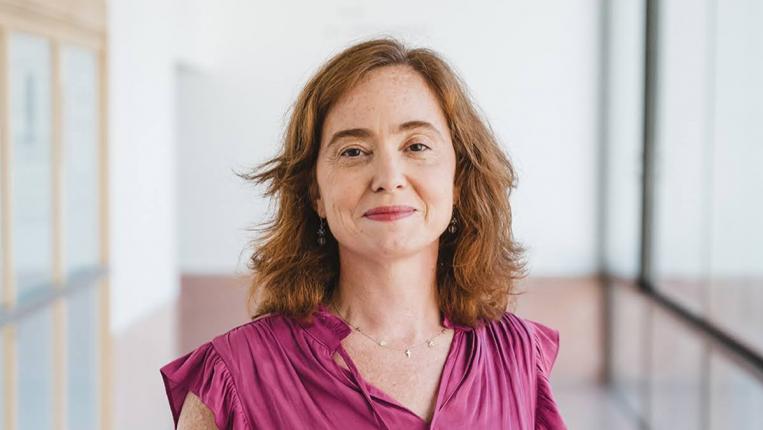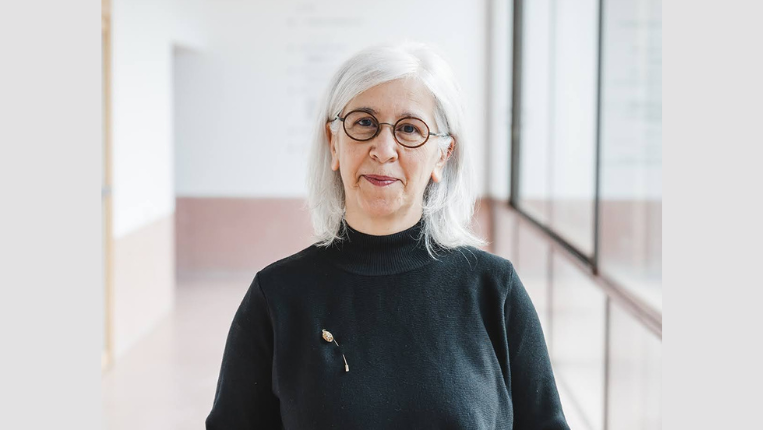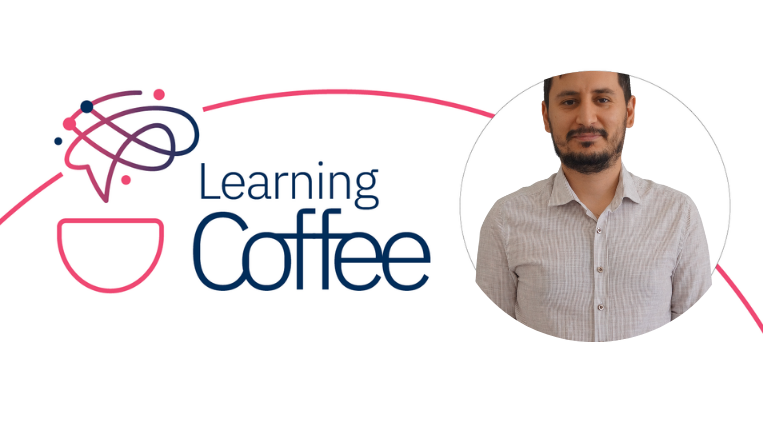An innovative study by the Research Centre for Human Development (CEDH) of the Faculty of Education and Psychology of the Universidade Católica Portuguesa (FEP-UCP) has analysed the perceptions of teachers and parents about the mission of schools in Portugal.
The study, published in the journal "Leadership and Policy in Schools", concludes that although both groups agree on the importance of different dimensions of the school mission, there are discrepancies between what schools are expected to provide (desired mission) and what they are perceived to actually practise (practised mission).
The work, carried out in collaboration with Editora Leya - Iniciativa Escola Amiga da Criança, collected and compared the perceptions of more than 3,200 Portuguese teachers and 3,200 parents on various dimensions of what the schools are expected to provide for students (desired mission) and what they actually do in the same areas. Both groups gave their perceptions of the following dimensions: the school as a vehicle for promoting students' scientific knowledge, civic development, socio-emotional development, vocational development and physical development.
Parents prioritise academic knowledge and teachers prioritise holistic development
It can be concluded that both the teachers and parents consider the five dimensions presented as important and desirable in the school's mission.
However, there are some differences between the groups. While parents value the school more as a provider of academic knowledge, teachers value the school more as a vehicle for students' civic and socio-emotional development.
Both parents and teachers place less emphasis on the school's mission role in promoting pupils' physical development.
Vocational development: expectations and reality diverge
Parents recognise the importance of vocational development in the school's mission. However, there is a gap between expectations and reality. Parents particularly value this dimension but feel that it is not often practised in schools.
The study points to the importance of dialogue between management, teachers and parents in order to align the school's mission with the expectations of the school community.
According to Rosário Serrão, first author of the article entitled "Teachers' and Parents' Perceptions on Desired and Practised School Mission: Alignments and Misalignments", "the study provides important insights for school leaders to analyse and use in their practice".
By identifying the dimensions that are most valued by parents and teachers, and those that are least practised, the research provides school leaders with important inputs for building the mission of their schools. This mission, in turn, should reflect the needs and expectations of the school community as a whole.
In addition to Rosário Serrão, the paper was signed by researchers Maria Conceição Silva (Católica Porto Business School), Luísa Mota Ribeiro (FEP and CEDH), Marisa Carvalho (FEP and CEDH) and Maria Luísa Vital (LeYA Educação).



